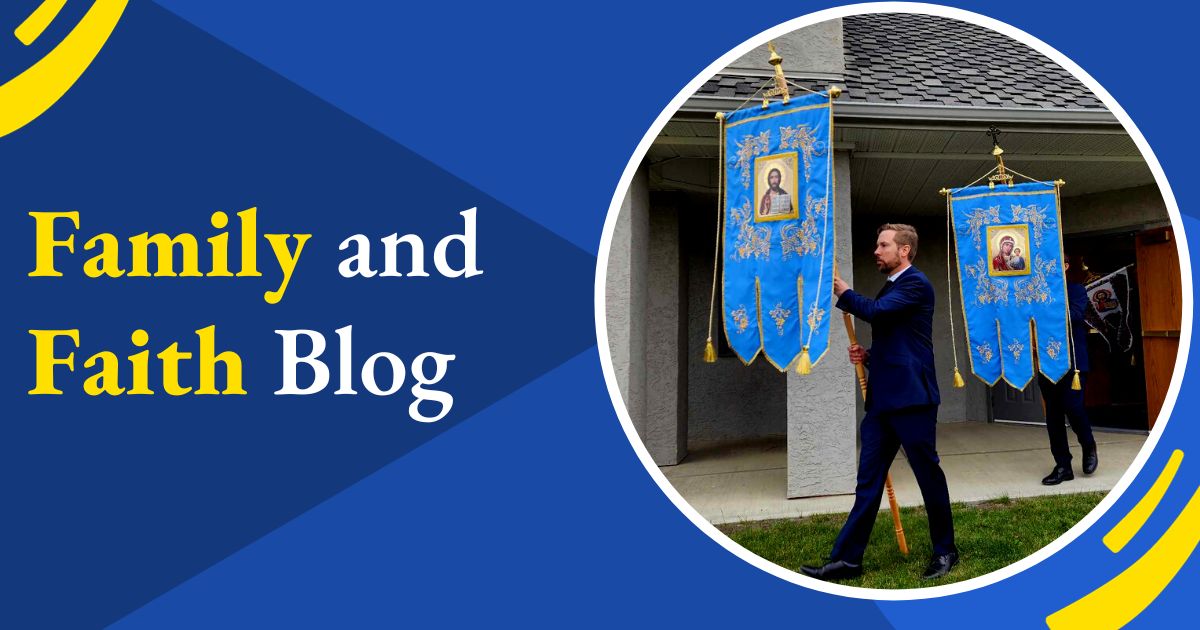In the journey of faith, the concept of spiritual fatherhood and motherhood takes on a profound significance. It represents the spiritual guidance and nurturing of individuals along the path of holiness, reminiscent of the Most Holy Trinity, where the Father is the source of divine life. This ministry involves caring for the spiritual growth of others, just as a parent nurtures their child. Spiritual direction plays a pivotal role in this process, guiding individuals towards spiritual perfection and the attainment of divine virtues.
The Spiritual Parent and the Holy Trinity
The notion of spiritual fatherhood and motherhood is deeply rooted in the theology of the Most Holy Trinity. In the divine Trinity, the Father begets the Son and proceeds the Holy Spirit, granting eternal life through His Only-Begotten Son in the Holy Spirit. Similarly, as Christians, we are called to transmit divine life through preaching and witness. This sacred duty is beautifully emphasized by the Apostle Paul, who wrote to the Corinthians, “For though you might have ten thousand guardians in Christ, you do not have many fathers. Indeed, in Christ Jesus, I became your father through the gospel” (1 Cor 4:15).
Spiritual Direction: Nurturing Divine Growth
Spiritual direction is a vital aspect of spiritual parenthood. It involves individuals with greater spiritual experience guiding those who are less experienced on their path to spiritual perfection. The grace of the Holy Spirit is at the core of this practice, inspiring the spiritual guide and enlightening the disciple. It is through spiritual direction that individuals learn to listen to the voice of the Lord and live according to His commands. The counsel of a spiritual father or mother plays a pivotal role in helping a spiritual child make choices that are aligned with God’s calling, revealing God’s plan for their daily lives.
The Goal: Achieving Holiness
The ultimate goal of spiritual fatherhood and motherhood is the perfecting of individuals so that they may achieve the holiness to which God calls them. This shared goal creates a context of sincere friendship between the spiritual parent and the child. In the tradition of the Church Fathers, this divine friendship aims to bring both the teacher and the disciple to the heights of divinization, attaining a divine fullness of life in the Holy Spirit.
Blessing of the Church
The service of a spiritual father or mother is blessed by the Church. These individuals are called by God to lead others towards holiness, and they have personal experience in the spiritual life. Christians choose their spiritual directors freely, trusting them as guides on the common road of salvation. The experience and wisdom of the spiritual father or mother enable them to recognize the gifts of God’s grace and propose concrete ways for individuals to grow spiritually, primarily through the sacrament of holy Confession within parish life.
Virtues as Indications of Divinization
The apostle Paul speaks of the Gospel as the power of God granted to those who believe, a power by which the righteous live. He refers to this divine power as a “virtue,” highlighting the potential within each person renewed in Christ to do good. Virtue, according to the Holy Fathers, is a capacity placed in the human soul, a source of one’s natural strengths that develop and are perfected in cooperation with God’s grace. Virtue enables a person, created in God’s image, to become like God and achieve deification.
Spiritual fatherhood and motherhood are profound expressions of divine love and guidance within the Christian journey. The spiritual direction provided by these spiritual parents nurtures the growth of divine virtues in individuals, bringing them closer to holiness and divinization. In this sacred process, the Most Holy Trinity serves as the ultimate model, showing how the Father’s love and guidance leads us towards eternal life through His Son and the Holy Spirit. As we seek to nurture and develop these virtues, we embark on a journey towards a deeper understanding of our faith and a closer relationship with our Creator.

